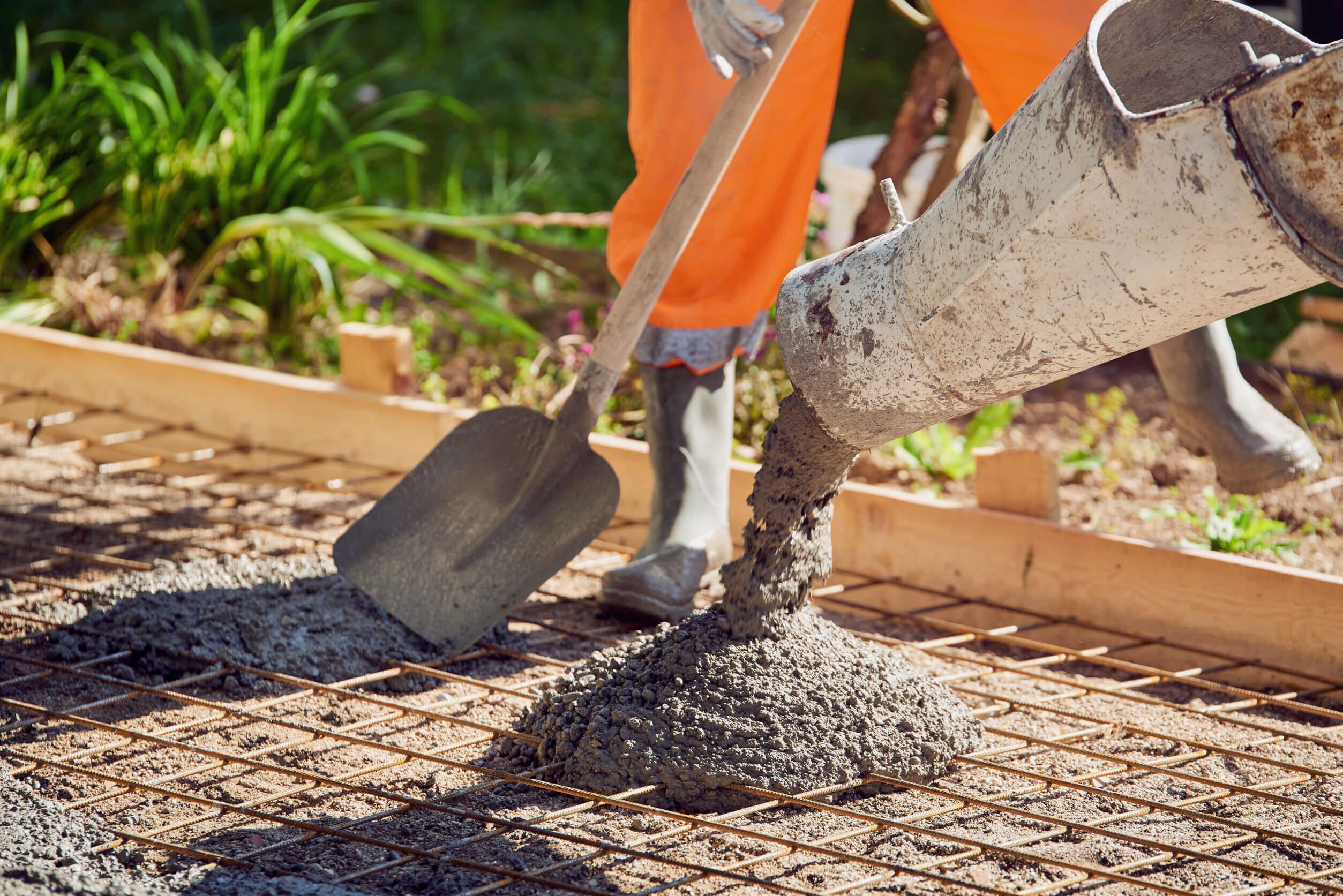Choosing the right concrete contractor in New York City is crucial for ensuring the success of your construction project, whether it’s a small residential job or a large commercial venture. Concrete is a fundamental building material, and the quality of work will significantly affect the durability, appearance, and value of your property. New York City’s unique urban environment presents additional challenges, such as strict building codes, tight spaces, and varying weather conditions. This makes the selection of a reliable and skilled contractor even more important. Here are the key factors to consider when selecting a concrete contractor in New York City.
1. Experience and Expertise
Experience is one of the most critical factors in choosing a concrete contractor. A contractor with a long history in the industry will have a deeper understanding of the complexities involved in concrete work, especially in a bustling and challenging environment like New York City. Look for contractors who have successfully completed similar projects to yours, whether it’s foundation work, sidewalk repair, or decorative concrete. Their portfolio should reflect a variety of projects, demonstrating their versatility and expertise.
2. Licensing and Insurance
In New York City, contractors must be properly licensed to perform concrete work. A licensed contractor has met the necessary qualifications and is authorized by the city to operate. Additionally, always verify that the contractor carries adequate insurance, including liability and worker’s compensation. This protects you from potential liabilities in case of accidents or damages during the project. A reputable contractor will readily provide proof of both licensing and insurance.
3. Reputation and References
A contractor’s reputation is a strong indicator of the quality of work you can expect. Online reviews, testimonials, and ratings on platforms like Yelp, Google, and the Better Business Bureau can provide insights into other clients’ experiences. Additionally, ask the contractor for references from past clients, especially for projects similar to yours. Speaking directly with previous clients can offer valuable information about the contractor’s reliability, workmanship, and ability to meet deadlines.
4. Knowledge of Local Regulations
New York City has some of the most stringent building codes and regulations in the country. A good concrete contractor must be well-versed in these regulations, including zoning laws, environmental regulations, and safety codes. They should also be familiar with the permit application process and be able to navigate the complexities of working in a dense urban environment. Failure to comply with local regulations can result in fines, project delays, or even the need to redo work.
5. Quality of Materials
The quality of materials used in your concrete project will significantly impact its longevity and performance. A reputable contractor should use high-quality concrete and other materials that meet industry standards. Ask about the types of materials they use and the suppliers they work with. They should be able to explain why they choose certain materials and how those choices will benefit your project.
6. Workmanship and Attention to Detail
Even with the best materials, poor workmanship can lead to unsatisfactory results. Pay attention to the contractor’s attention to detail, from the initial project assessment to the finishing touches. A quality contractor will not cut corners; they will ensure that the preparation, pouring, and finishing processes are carried out meticulously. This includes proper site preparation, accurate mixing, and careful curing of the concrete.
7. Communication and Professionalism
Clear and consistent communication is essential for a successful construction project. The contractor should be easy to reach, responsive to your inquiries, and able to explain the project’s progress and any potential issues in understandable terms. Professionalism also extends to how they manage the project timeline, handle unexpected challenges, and interact with you and their team. For more details, check out this guide on requesting sidewalk repairs service.
8. Cost and Value
While it’s essential to stay within your budget, the cheapest contractor is not always the best choice. Consider the value they offer for their price. A low bid might indicate the use of substandard materials or rushed workmanship, which could lead to higher costs in the long run due to repairs or replacements. Request detailed quotes from multiple contractors, and compare not just the price, but what is included in each estimate. A higher upfront cost might be justified if it ensures better quality and longer-lasting results.
9. Contract and Guarantees
Before starting any work, ensure that all aspects of the project are clearly outlined in a written contract. This should include the project scope, timeline, payment schedule, materials to be used, and any other important details. A reputable contractor will also offer a warranty or guarantee for their work, which provides you with peace of mind and protection against future issues.
10. Flexibility and Problem-Solving Skills
Construction projects in New York City often face unexpected challenges, such as weather changes, logistical issues, or unanticipated site conditions. A good concrete contractor should be adaptable and have strong problem-solving skills. They should be able to adjust their plans without compromising the quality of work and communicate any necessary changes to you promptly.
Conclusion
Selecting the right concrete contractor in New York City requires careful consideration of various factors, from experience and licensing to workmanship and communication. The city’s unique challenges demand a contractor who is not only skilled but also knowledgeable about local regulations and adept at navigating the complexities of urban construction. By taking the time to evaluate potential contractors based on these criteria, you can ensure that your concrete project is completed to the highest standards, on time, and within budget.





